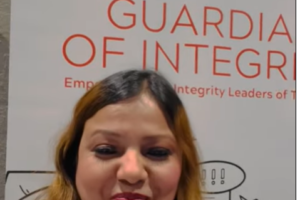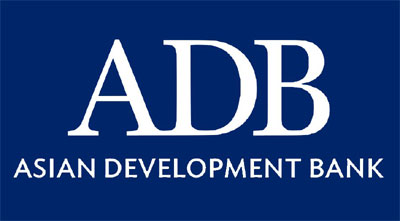When the virus hit, the strongmen hit back as they know best.
For Egypt’s president, Abdel-Fattah el-Sissi, that meant deploying chemical warfare troops, clad in protective suits and armed with disinfectant, to the streets of Cairo, in a theatrical display of military muscle projected via social media.
Russia’s leader, Vladimir Putin, donned the plastic suit himself, in canary yellow, for a visit to a Moscow hospital for coronavirus patients. Then he dispatched to Italy 15 military planes filled with medical supplies and emblazoned with the slogan “From Russia with Love.”
President Recep Tayyip Erdogan of Turkey, a prodigious jailer of journalists, locked up a few reporters who criticised his early efforts to counter the virus, then sent a voice message to the phone of every citizen over 50, stressing that he had everything under control.
And in Turkmenistan, one of the world’s most repressive countries, where not a single infection has been officially declared, the president for life, Gurbanguly Berdymukhamedov, promoted his book on medicinal plants as a possible solution to the pandemic.
In responding to the coronavirus pandemic, the world’s autocrats are turning to their tried-and-tested tool kits, employing a mixture of propaganda, repression and ostentatious shows of strength to exude an aura of total control over an inherently chaotic situation.
In the immediate term, the crisis offers the autocrats an opportunity to taunt rivals or entrench their already vast powers with little risk of censure from a distracted outside world, where the scramble to contain the pandemic has forced even liberal democracies to consider harsh measures, such as invasive cellphone surveillance systems.
“Coronavirus is the new terrorism,” said Kenneth Roth, executive director of Human Rights Watch, who fears that a sweeping expansion of draconian powers could become the virus’s enduring legacy. “It’s the latest pretext for rights violations that I fear will persist long after the crisis ends.”
Yet the virus also brings potential perils for the strongmen. Countries like Russia and Egypt are at the front end of the virus curve, meaning the worst is likely a matter of weeks away.
If hit by a crisis as bad as the one sweeping Europe and the United States, their usual tools may be of limited use.
The virus cannot be arrested, censored or outlawed. The economic toll of a pandemic will strain the patronage networks that underpin many autocracies. Leaders who portray themselves as saviours are more exposed to blame if the death toll soars.
And while few analysts predict immediate upheaval, especially as public anxiety grows, a devastating pandemic could rattle faith in leaders whose authority rests on an edifice of unchallenged dominance.
“It could go either way,” said Steven A. Cook, a senior fellow for the Middle East and North Africa at the Council on Foreign Relations. “In some places, you could end up with a narrow, nastier dictatorship. In others, the whole thing could come apart.”
In some countries, the crisis has given a good name to strong, intrusive rule. The United Arab Emirates, an oil-rich autocratic monarchy, has one of the world’s highest rates of coronavirus testing. A smartphone app used by Singapore to track infected citizens is being considered by several Western countries.
The oldest democracies are considering tactics once the preserve of tyrants — sweeping police powers, bans on public assembly, suspended elections, shuttered courts, intrusive surveillance and closed borders.
And in restive countries, the virus has sapped the power of dissent. Popular revolts in Lebanon, Iraq, Algeria and Chile slowed or sputtered to a halt in recent weeks and, given the health risks associated with public gatherings, are unlikely to regain momentum soon.
The prospect of a virus-induced global recession, which the International Monetary Fund says is already upon us, has caused some analysts to speculate that the Middle East could see a fresh wave of Arab Spring-style uprisings.
Others say that is unlikely, at least in the short term. Citizens worried for their lives are more likely to support draconian measures, even at the cost of compromising their freedoms.
“We won’t see the political fallout until after the health crisis starts to abate,” said Michele Dunne of the Carnegie Endowment for International Peace.
If anything, the crisis is creating new authoritarian rulers. Hungary’s parliament handed sweeping powers last week to the far-right populist leader Viktor Orban, allowing him to rule by decree indefinitely, ostensibly so he can fight the coronavirus.
As with established authoritarians, the worry is that Orban will be loath to hand back his new powers once the crisis has passed — a concern echoed in the Philippines, where the authoritarian right-wing leader Rodrigo Duterte has declared a six-month “state of calamity.”
Yet in such fluid moments, little is predictable. In Egypt, Dunne noted, rare protests against el-Sissi in September were fuelled by accusations that his family was living lavishly.
Any perception in the coming months that el-Sissi or the military are favouring his close circle in dealing with the coronavirus, she said, “could have repercussions.”





















